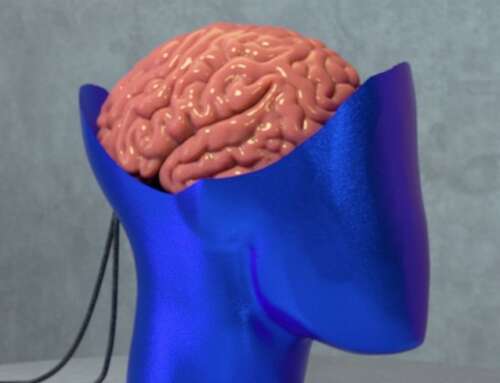A new study has emerged, Evidence for a Collective Intelligence Factor in the Performance of Human Groups, which examines the hypothesis that groups (like individuals) do have characteristic levels of intelligence, known as collective intelligence, which can be measured and used to predict the groups’ performance on a wide variety of tasks.
It seems that researchers have come up with a new formula for successful working teams that can be applied to any group environment (business, the classroom or at home).
It is quite simple:
People willing to listen and empathise + people with social sensitivity (women) = smart effective teams able to achieve in any environment.
This is something most women probably already knew, however now it is official.
Researchers from the MIT Media Lab Cambridge USA took 699 people and put them into groups of 2 to 5. They were then asked to solve problems as a team.
The study found “converging evidence of a general collective intelligence factor that explains a group’s performance on a wide variety of tasks. This “c factor” is not strongly correlated with the average or maximum individual intelligence of group members but is correlated with the average social sensitivity of group members, the equality in distribution of conversational turn-taking, and the proportion of females in the group”.
The most successful teams contained members that were willing to listen, communicate and co-operate. Members that were more socially sensitive scored far higher in the smart stakes. Ironically, this usually meant teams that contained women.
Women seem to have an abundance of skills that allow them to perceive and respond to others’ emotions. Members with these skills demonstrated a greater collective intelligence and superior performance.
However it was also noted that if a group contained a dominating decision maker then the group was collectively less intelligent and less effective, this usually correlated to an ‘alpha male member’.
So it seems that cultivating a work, learning or home environment where team/family member’s experiences are acknowledged and understood creates a team or family that is happier, smarter and far more successful.
Writer Helen Splarn. Editor Dr Ramesh Manocha.
Source: Evidence for a Collective Intelligence Factor in the Performance of Human Groups. (Authors: Anita Williams Woolley, Christopher F. Chabris, Alex Pentland, Nada Hashmi, Thomas W. Malone).







Leave A Comment